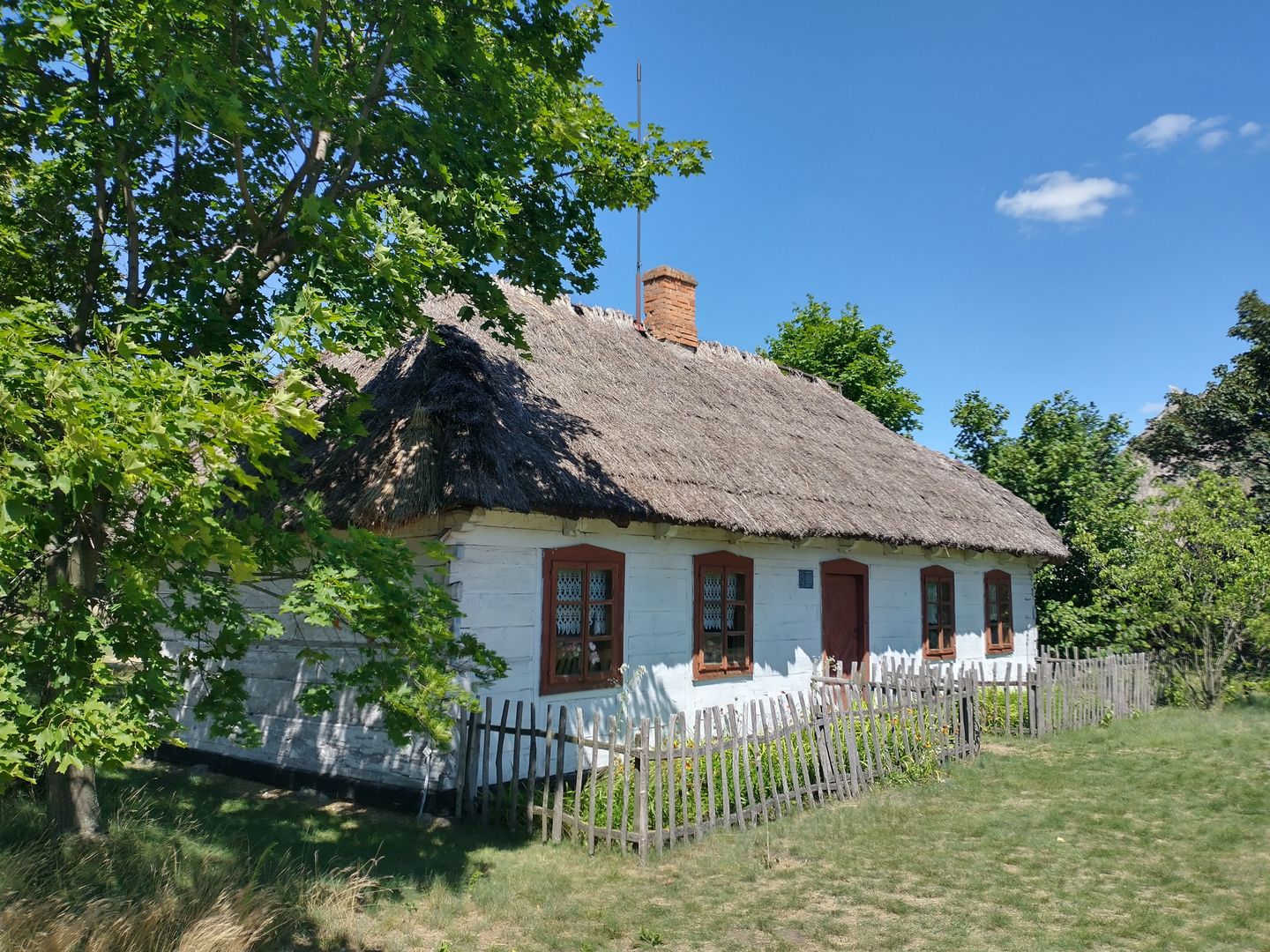Maurzyce Open-Air Museum
6.66

Overview
The Łowicz Ethnographic Park in Maurzyce, part of the Museum in Łowicz, is an open-air museum showcasing the historic architecture of the Łowicz countryside. Located in the Łódź Voivodeship, its history dates back to the 1970s, when it was decided to establish the museum near the road connecting Warsaw and Poznań. The complex comprises 42 structures, primarily from the 19th and 20th centuries, including cottages, forges, barns, and roadside shrines. The buildings represent the region’s typical wooden architecture, featuring log and post-and-plank construction techniques. Externally, many are thatched, enhancing their authenticity.
The museum is organized into two spatial layouts: an oval village plan with a central square and a linear village plan with one-sided development. The interiors of individual buildings are richly furnished with everyday objects, agricultural tools, furniture, and traditional textiles, offering a vivid depiction of rural life from years past. The park hosts cultural events such as the May Day celebrations and Łowicz Harvest Festival, fostering community integration and promoting regional culture. In 1996, the structures were entered into the register of historical monuments, and the museum gained membership in the Association of Open-Air Museums in Poland.
An interesting fact is that the rectory from Pszczonów served as a filming location for the famous production "The Peasants." The museum not only provides insight into folk traditions but also into the architecture of the Łowicz Duchy, which has a rich history and unique character.
Location
2026 Wizytor | All Rights Reserved